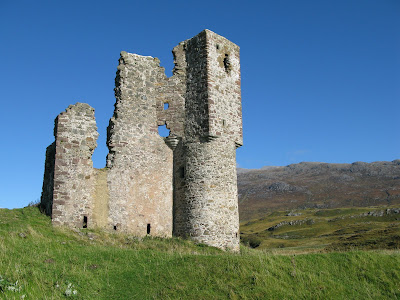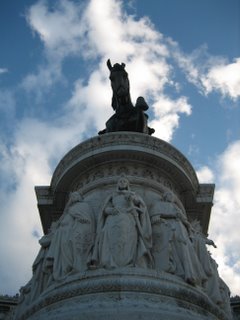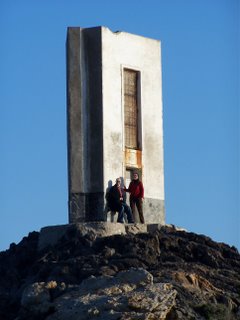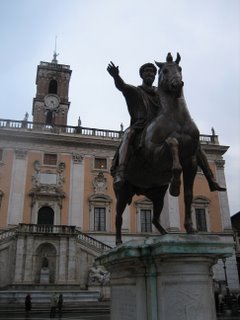Two cheers for coercion, and other stories
Magic economics: The economy is a Pied Piper - a delightful and insightful image from Gillian.
Debate vs argument: What's the difference? And what difference does it make to recognise the distinction?
Peak coal: John celebrates the 140th anniversary of the death of William Stanley Jevons, an English writer who foresaw the end of British coal-expansion from way back in 1865 (and who also gave his name to the Jevons paradox). Jevons was aware that relying on finite resources brought a false complacency to social questions by enabling the deferral of questions of distributive justice. If we expect the economy to keep growing, then we can skirt of over gross inequality, trusting that a rising tide will lift all boats. If we accept that the global economy faces certain physical limits within timeframes of human interest, then the deferral of questions of distributive justice can no longer be maintained. In short, faced with limits to growth, there is a certain sense in which it becomes incumbent upon us to make wealth history (which is also the name of this excellent blog, in which Jeremy wrestles with the economic and social implications of this insight).
Mortality: Ben Myers is dying.
Chalk wars: Chalk it up to the suppression of dissent; increasingly, people are being arrested for chalking pavements, at least in the Land of the Free™. The Edinburgh Festival would go out of business if this attitude were introduced over here. And Arthur Stace (a.k.a. Mr Eternity) would have gone to gaol.
H/T Gordon for the final observation.
Twenty questions: The questions that the US press ought to asking of those who oppose climate action. These questions, from climate ethicist Donald Brown, would make for some interesting discussion starters for groups wanting to wrestle with some of the ethical implications of climate change.
Growth myths: Herman Daly walks us through eight fallacies about economic growth. A very useful and insightful summary of some of Daly's contributions to these discussions.
Last words: The final unpublished letter from eco-author Ernest Callenbach, discovered after his death. His top tips? Hope, offer mutual support, gain practical skills, organise, learn to live with contradictions.
Climate intro: The basics of climate science. It's worth posting pieces like this from time to time, since I am constantly reminding just how common it is for otherwise intelligent people to have some basic misunderstandings (myself included!).
Compliance: You never know you're in prison until you try the door. Glenn Greenwald reflects on why oppression and tyranny are often invisible when close to home.

















